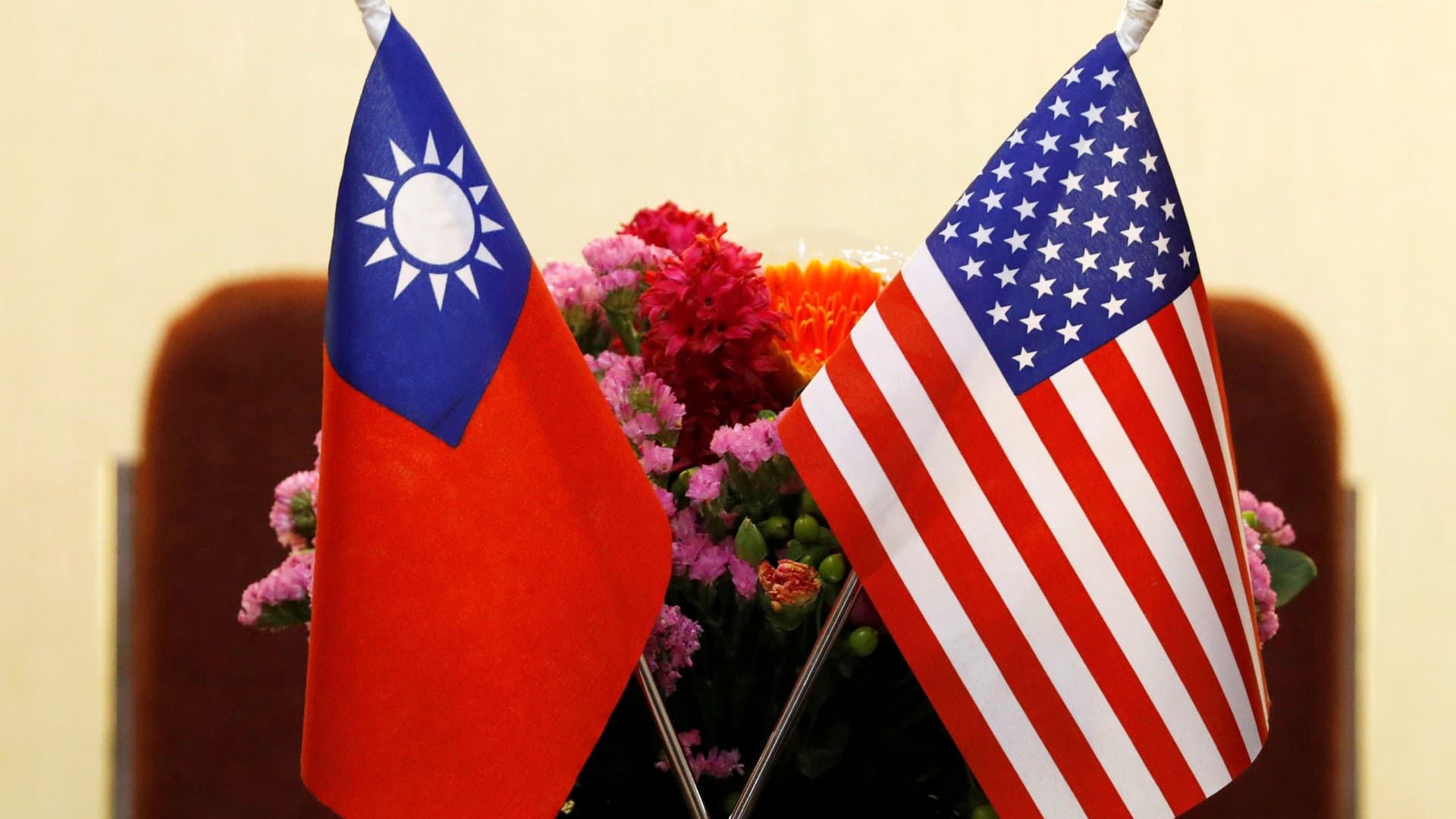President Trump is losing the stock market war to the rest of the world so far. Here's where investors are taking advantage
Emerging market stocks, China and European stocks are beating U.S. indexes since the inauguration of Donald Trump.


After an extremely strong 2024 for the U.S. stock market, investors are getting better returns, at least for the moment, from equities located beyond the red, white and blue borders.
Since the inauguration of President Donald Trump, stocks in Europe and China are vastly outperforming the U.S. equity market. The S&P 500 is up a little over 1% since Jan. 20, as of the close on Thursday after the latest sell-off, while the broad-based MSCI China ETF has risen roughly 17%. The iShares Eurozone ETF is up roughly 6% in that same time span. The iShares China Large Cap ETF, meanwhile, is up about 16%.
The Dow Jones Industrial Average is barely hanging onto a positive return over the past month.
The leaders of U.S. tech are not faring better against Chinese rivals in the markets. The Invesco QQQ ETF is up about 2.5%, while the KraneShares CSI China Internet ETF has risen roughly 20%.
China and Europe are ahead of the S&P since the inauguration.
Emerging market stocks beyond China have also outpaced U.S. shares, even if they are lagging large-caps in Europe and China, with the iShares MSCI Emerging Markets ETF up close to 6%.
And they are starting to get more attention.
Perth Tolle, founder of Life + Liberty Indexes, which includes the benchmark for the Freedom 100 Emerging Market ETF, is also up about 6% since the inauguration of Trump, in line with the iShares' EEM.
Tolle's Freedom 100 Emerging Market Index is heavily weighted toward Taiwan, Chile, South Korea, Poland and Brazil, with stocks from these countries making up 75% of the fund. The FRDM's most heavily weighted companies are Samsung at 8%, Taiwan Semi at 7%, and Banco de Chile and Bank Polska at 4%. Hon Hai, commonly known as Foxconn in the West, is at 3%, matched by SK Hynix and Latam Air.
While emerging markets can be highly volatile and be subject to uncertain regulatory regimes, each stock in the ETF comes from a country that is assigned a grade based on how investible its markets are using 86 variables including "freedom of movement and capital," "rule of law" and "personal economic freedom."
India has been a large focus for emerging market investors, but it is low in the Freedom 100 due to high tariffs — it has the highest average tariffs in the world and has been a focus of President Trump's tariff complaints — as well as concerns about personal freedom, Tolle said earlier this week on CNBC's "ETF Edge."
But she doesn't discount the potential for gains.
"They're a consumer-driven economy and their population just surpassed China, and it's a highly educated English-speaking population, so their demographics are very favorable," Tolle said.
The iShares MSCI India ETF is one overseas market that has dropped since Trump took office for a second term, dropping about 1.5% since his inauguration.
"Any kind of constraint on an economy like a tariff is negative in our view," Tolle said.
India's leader, Narendra Modi, was the second foreign leader to meet with Trump at the White House, on the same day that the U.S. president announced reciprocal tariff plans on countries including India, and both agreed to resolve trade and tariff issues.
With government policy looming large right now in market uncertainty, the road to success for her fund, according to Tolle, is always to find companies that are allowed to put themselves first. "We want companies in emerging markets that are free to put their own interests ahead of the state," she said.
Historically, she added, "one of the reasons why people don't invest in emerging markets is that they're full of autocracies, people don't want to support terrorism or support things that go on in these countries that aren't free."
Sign up for our weekly newsletter that goes beyond the livestream, offering a closer look at the trends and figures shaping the ETF market.

 Fransebas
Fransebas 

































